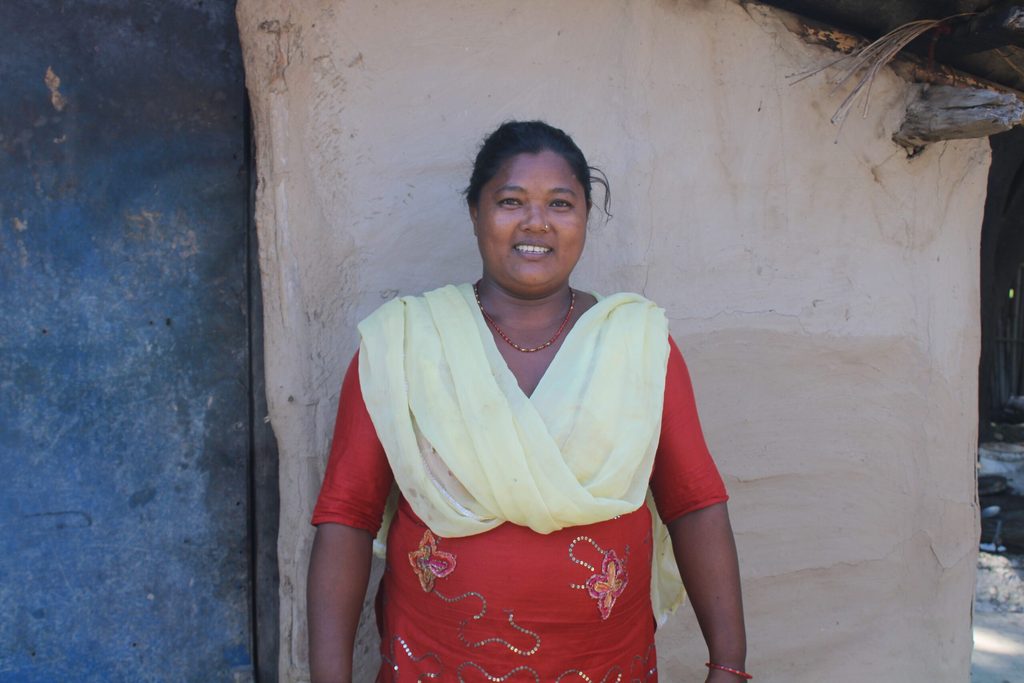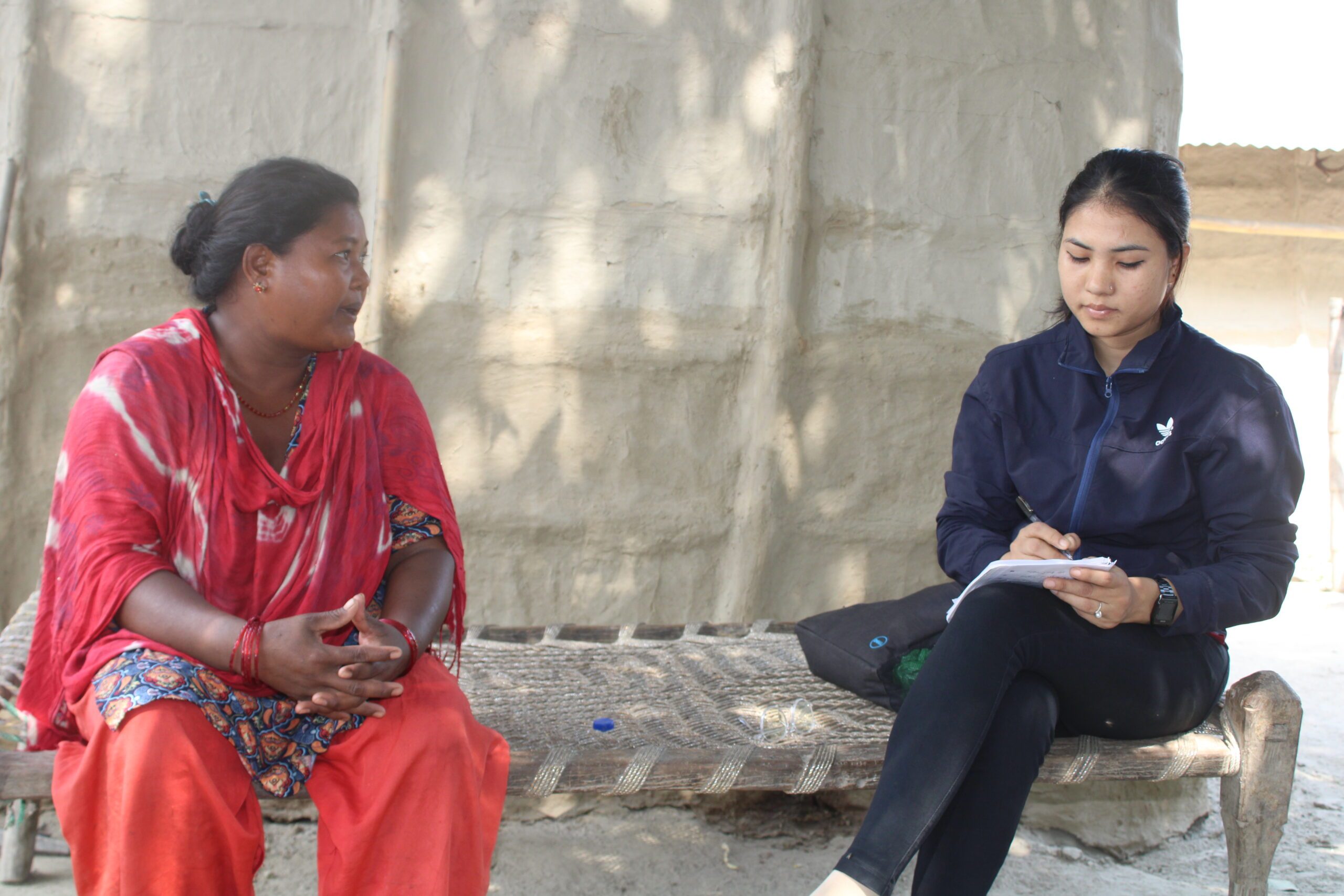Mother’s activism improves child education in her community
Gulfi did not let illiteracy stop her from improving her children’s education. Armed with knowledge from engaging with multiple awareness campaigns, Gulfi’s education advocacy led to improved educational facilities for all the children in her community.

Gulfi, an illiterate woman from the marginalised Tharu community, lived in a society where educational opportunities for women were scarce, and their voices often went unheard.
Despite her lack of formal education, she used her strong character and immense affection for her children to drive her on a journey of education advocacy; creating awareness and sharing knowledge in her community on the pivotal role of parental support in a child’s educational success.
Her story is a powerful example of how activism and tenacity can change lives.
Advocating for children’s education
Gulfi’s transformation began when she encountered awareness campaigns, such as positive parenting classes and orientations on crucial topics like adolescents’ sexual and reproductive health rights, child marriage prevention, menstrual hygiene management, and accessible water, sanitation and hygiene (WASH) services, all part of the Telethon: Child Not Bride project. Recognising the value of education in breaking the cycle of poverty and the pivotal role of parental support, Gulfi, despite her illiteracy, sought guidance from local civil society organisations and community-based organisations to become a social change agent.
Armed with knowledge, Gulfi began advocating for children’s education in her community. She organised gatherings with fellow parents, especially mothers, to discuss the benefits of education. She highlighted the importance of reading, numeracy, and critical thinking skills in securing better futures for their children.
“In the absence of formal education, the power of a mother’s love and determination can rewrite the future.”
Gulfi
Positive parenting
Understanding that a supportive home environment is as crucial as school attendance, Gulfi enrolled in parenting classes provided by the Telethon – Child Not Bride project. She learned positive parenting techniques, child marriage prevention, adolescents’ sexual and reproductive health rights, menstrual hygiene management, and WASH management.
She internalised the significance of emotional support, effective communication, and creating a nurturing learning atmosphere. “In the absence of formal education, the power of a mother’s love and determination can rewrite the future,” said Gulfi.
Gulfi realised the importance of active involvement in her children’s education and began visiting the local school regularly. Despite initial skepticism from teachers due to her lack of formal education, she won their respect through her tenacity and genuine concern for her children’s well-being. Gulfi engaged with teachers, discussed her children’s progress, and sought guidance on supporting their learning at home. She actively listened to teachers’ feedback and implemented their suggestions.
Gulfi effectively communicated the importance of providing a secure and welcoming learning environment for all children. Her advocacy efforts led to school infrastructure improvements and enhanced facilities. She also raised concerns about the lack of adolescent-friendly WASH facilities, particularly for menstrual hygiene management, inspiring the school administration to act.

Gulfi’s story has become a source of inspiration for marginalised women, proving that knowledge and effective parenting can be achieved without formal education, through determination, activism, and a genuine desire for change. Her narrative resonates across generations, reminding us that every individual possesses the power to make a difference, regardless of their educational background.
About the project
Child, Not Bride (CNB) is a four-year multi-sectoral project funded by Norwegian State Broadcast Corporation (NRK Telethon), focused on developing youth leadership, and strengthening opportunities for youth economic empowerment. The project teaches young people about their sexual and reproductive health and rights, particularly girls and young women with the aim of addressing child, early, and forced marriage as a barrier to empowerment.
The CNB project provides vocational training on quick income-generating activities and support on starting and improving businesses for households that have adolescent girls in their families. Following the training, each participant receives seed capital to help them open their businesses or expand existing ones. The project is being implemented by local partner organisations BEE Group in Bardiya and Aasaman Nepal in Dhanusa.
Categories: Education


